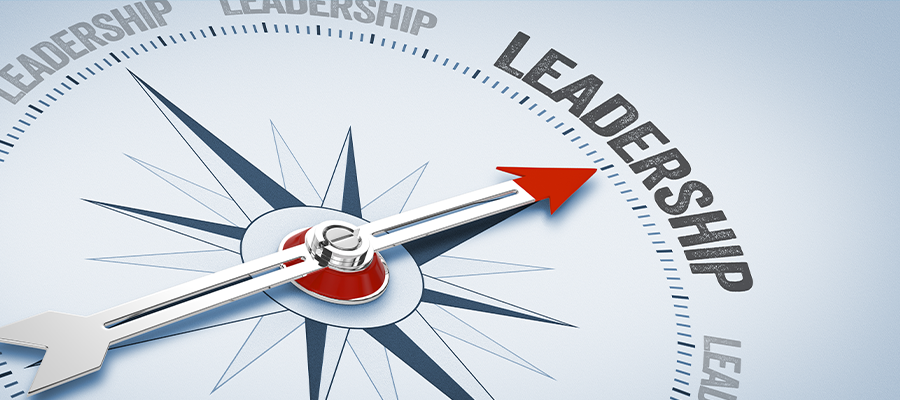- Vegetation Management Services
- In Your Neighborhood
- About
- Careers
- Webinars
- Articles
Prioritizing Mental Health & Wellness in a Busy World

Prioritizing Mental Health & Wellness in a Busy World
By Raul E. Perez Jr., Safety Manager, ACRT Pacific
Mental health and wellness are topics that resonate deeply with many people, especially those who have faced personal struggles throughout their careers. One message I revisit often is: “If you don’t make time for your wellness, you will be forced to make time for your illness.” – Joyce Sunada
This statement resonates deeply because, all too often, we neglect our health while juggling daily responsibilities. Whether it is work, family, finances, or personal obligations, it is easy to lose sight of what keeps us physically and mentally balanced. When we ignore the warning signs our bodies are exposed to stress, chronic fatigue, anxiety, or lack of sleep, we risk serious health consequences that may force us to make time to address them. That’s why it is essential to carve out time for self-care before it becomes a necessity.
A Personal Wake-Up Call
Early in my career as a field supervisor, I had a startling experience: I woke up one morning to find half of my face paralyzed. Naturally, I panicked. I feared it was a stroke, but it turned out to be Bell’s palsy, a nerve condition often triggered by stress that causes temporary paralysis on one side of your face. For many months, I worked through the condition, eventually regaining full mobility. This experience was a wake-up call, teaching me the value of staying calm and managing stress effectively in the workplace.
Small Steps for Big Changes
Mental health care does not have to be complicated. Here are some practical suggestions:
- Prioritize self-care: Make sure you are taking care of yourself by getting enough sleep, eating a healthy diet, and engaging in activities that bring you joy.
- Seek help when needed: If you are experiencing symptoms of depression, anxiety, or other mental health issues, seek help from a mental health professional or healthcare provider.
- Practice stress management: Learning stress management techniques such as meditation, deep breathing, or yoga can help you manage stress and improve your mental health.
- Connect with others: Make sure you are staying connected with friends and family, as social support is important for mental health.
- Monitor your mental health: Pay attention to changes in your mood or behavior and seek help if you notice any concerning changes.
Additional Tips for Maintaining Balance
- Find your outlet: Listen to music on your commute, take a walk outdoors, or try a new hobby. These small acts can provide balance and joy.
- Connect with others: Check in with coworkers, friends, or family. A simple, “How are you doing?” can make a significant difference. Many of us are familiar with each other’s typical behaviors, so noticing when something is off can lead to valuable support.
- Appreciate others: Let people know they are valued. Gratitude not only uplifts others but also enhances your sense of well-being.
- Leverage resources: Many workplaces offer Employee Assistance Programs (EAPs). Make use of these tools to access professional help when needed.
Your Self-Care, Your Way
Remember, self-care is personal. What works for one person might not work for another, and that is okay. The key is to find something that brings you peace and helps you recharge.
Let us commit to making our well-being a priority every day. After all, a healthier you is the foundation for a happier life. Stay safe and take care.
Related Articles

By C. Troy Ross, President, ACRT and ACRT Pacific On a chilly Monday morning, a utility vegetation management crew gathers for their weekly briefing. Instead of launching into instructions, their supervisor begins by asking each team member how they’re doing. One mentions a child’s illness, another shares excitement about a certification course they just completed,[...]
Read More
By Aana Agrawal, Sustainability and Resilience Manager, EnviroScience The utility vegetation management (UVM) sector plays a crucial role in ensuring the smooth transmission of power across regions and cities by keeping plant growth under control within the vicinity of transmission and distribution lines. However, unrefined vegetation maintenance practices often focus on trimming, cleaning, and disposal[...]
Read More
By Ryan Meccage, Business Development Manager, ACRT Services In an age dominated by smartphones, constant connectivity, and algorithm-driven content, we’ve never been more digitally immersed. Yet somehow, we’ve also never felt so far removed from the natural world beneath our feet. The urge to step away from screens and re-establish a deeper connection with nature[...]
Read More
By Bob Urban, Senior Manager, ACRT Services In an industry where the stakes are high and every decision can have life-altering consequences, leadership in utility arboriculture isn’t just a managerial function; it’s a calling. Nowhere is this more evident than in the recipients of the Will Nutter Silver Shield Award, a recognition that honors frontline[...]
Read MoreRecent Posts
- Servant Leadership in Utility Vegetation Management 12th Nov 2025
- ACRT Pacific Honors Our Veterans 10th Nov 2025
- Rian Owens Receives Safety Challenge Coin 05th Nov 2025